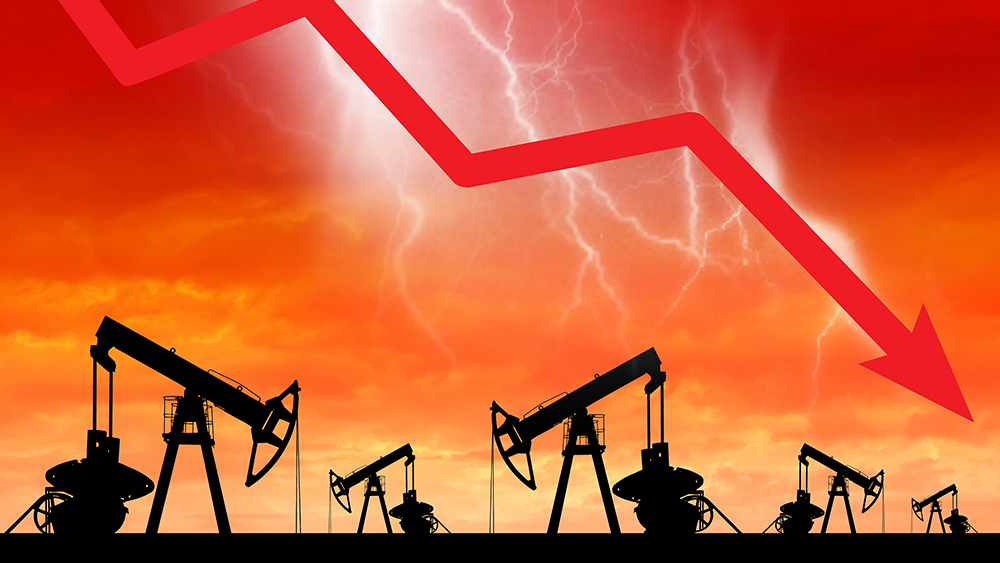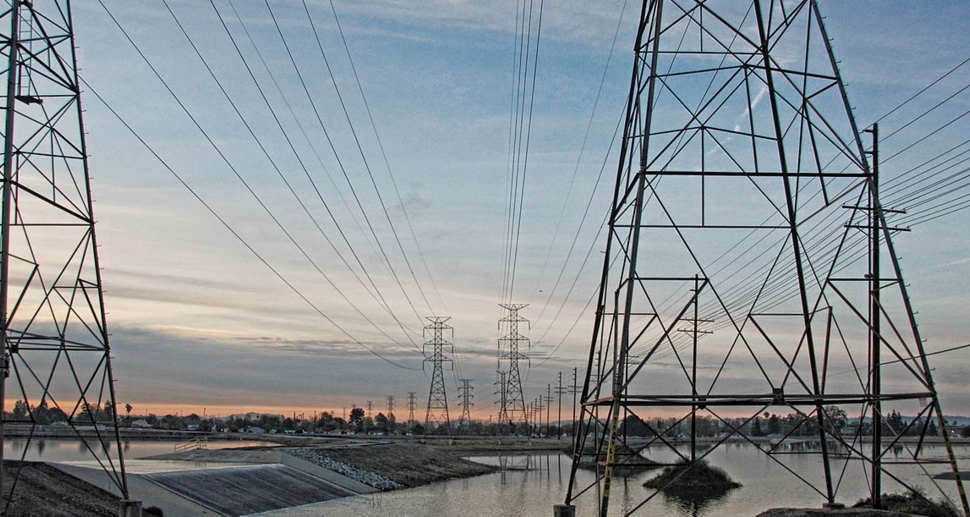America’s diesel fuel shortage could CRIPPLE the supply chain by Thanksgiving
11/04/2022 / By Arsenio Toledo

The supply of diesel in the United States is still in a precarious position, and an insider in the auto industry warned if the crisis continues for longer it could permanently damage the already-weakened supply chain by Thanksgiving.
Automobile industry expert Eric Peters noted in an interview with radio host Kate Dalley that there will likely be a massive shortfall in diesel in the coming weeks “and that’s going to be felt economy-wide.” (Related: America is running out of gas: Surging demand leaves US with LESS THAN A MONTH’S supply of diesel.)
“Most people don’t appreciate the importance of diesel macro in the economy because most people drive a gas-powered car,” he said. “They don’t understand that everything that they buy pretty much is shipped from where it was made or where it was grown via a diesel-powered heavy truck and involved diesel-powered machinery to produce it.”
“If the supply of [diesel] goes down even 10, 20 percent, that is going to result in significant ramifications, generally speaking, across the entire economy,” Peters added. “Unless the numbers are completely inaccurate, and they may well be, I do think it’s inevitable that we’re going to see some of these dislocations right around Thanksgiving.”
Peters is referring to a report released by the Energy Information Administration (EIA) in October suggesting that the U.S. has just around 25 days of diesel supply remaining, which would put the country at zero diesel supply around the fourth week of November, right before Thanksgiving.
Diesel inventories running on fumes
America’s diesel inventories are at their lowest level since the massive economic downturn caused by the 2008 Great Recession. Elaine Levin, president of Powerhouse, an energy risk management consultancy firm, noted that the diesel industry is “running on fumes.”
“That is a problem for everybody who needs to put it in the truck and burn it,” Levin said. She noted that if the supply of diesel decreases further, or does not improve beyond the EIA’s latest warning, prices will likely remain elevated throughout the winter.
The total distillate inventory figure for the U.S., which makes up roughly 85 to 90 percent of all diesel inventories, including other distillates such as heating oil, showed that the country has 106.78 million barrels left, up very slightly from the EIA’s report that showed 106.35 million barrels.
Levin noted that the figure for distillate inventories is uncomfortably close to the 100 million barrel mark. Once supplies hit this mark, it will start to create what Peters called “dislocations” in the fuel distribution system, as there won’t be enough to go around. It could lead to some places being prioritized for diesel deliveries over others.
As of Thursday, Nov. 3, the national average price per gallon of diesel was $5.311, or $1.672 higher than a year ago. Texas had the lowest average price at $4.715 per gallon, or $1.394 higher than a year ago, and California had the highest average state-level price at $6.3 per gallon, or $1.543 higher than a year ago.
Learn more about the diesel supply crisis at FuelSupply.news.
Watch Kate Dalley and Eric Peters discuss how the diesel fuel shortage is worsening America’s supply chain crisis.
This video is from the InfoWars channel on Brighteon.com.
More related stories:
Weakening dollar leading to more oil exports and price hikes.
Energy executives tell Sec. Granholm: Shuttered oil refineries are NOT restarting soon.
America’s diesel inventory now stands at LESS THAN ONE MONTH thanks to Biden’s disastrous policies.
US oil reserves fall to 37-year low as Biden continues to export America’s oil to China.
Sources include:
Submit a correction >>
Tagged Under:
collapse, diesel, diesel shortage, diesel supply, economic collapse, economics, economy, energy shortage, energy supply, Eric Peters, fuel shortage, fuel supply, power, power grid, supply chain
This article may contain statements that reflect the opinion of the author
RECENT NEWS & ARTICLES
COPYRIGHT © 2022 EnergySupply.news
All content posted on this site is protected under Free Speech. EnergySupply.news is not responsible for content written by contributing authors. The information on this site is provided for educational and entertainment purposes only. It is not intended as a substitute for professional advice of any kind. EnergySupply.news assumes no responsibility for the use or misuse of this material. All trademarks, registered trademarks and service marks mentioned on this site are the property of their respective owners.




















